NEWS BRIEFINGS August 2024
The Supreme Court has said it will establish a multi-member committee dedicated to permanently resolving the grievances of farmers. The decision includes ongoing dialogues between the Punjab and Haryana governments and the farmers protesting along the Shambhu border. The talks are intended to facilitate the removal of tractors and trollies that have been blocking a crucial highway since Feb. 13.
An official investigation report on allegations of abuse and exploitation within the Malayalam film industry details 17 different forms of exploitation faced by women across 30 industry categories. However, Kerala Chief Minister Pinarayi Vijayan has stated that his administration will not independently initiate action against individuals named in the report unless a woman comes forward with a complaint.
The World Health Organization (WHO) has officially declared mpox, formerly known as monkeypox, a public health emergency of international concern. India, too, has instructed international airports and ports to monitor passengers arriving particularly from Bangladesh and Pakistan for symptoms of mpox. Here’s what you need to know about the virus, and why it’s not like COVID-19.
An audio recording has surfaced allegedly featuring the voice of Manipur Chief Minister Biren Singh discussing violent tactics amid ongoing ethnic conflict. The tape, allegedly made at his official residence, has been submitted to the Commission of Inquiry set up by the Union Ministry of Home Affairs to probe the violence, as reported by The Wire.
The lateral entry system, which introduces professionals with specialised knowledge into government roles, isn’t inherently problematic. It doesn’t matter which party introduced the concept. The key concern is that this system should only be implemented by a government that consistently promotes and supports professionalism among the officials at the helm of government institutions.
Doctors across India launched a 24-hour strike on Aug. 17, disrupting medical services nationwide, in response to the brutal rape and murder of a 31-year-old trainee doctor in Kolkata. The incident has caused an uproar among medical professionals, demanding justice and increased security.
Journalists from across India’s Tripura state came together to show solidarity with their colleagues in Bangladesh, who have been targeted in a recent wave of violence. At least five media workers lost their lives, and over 200 were injured during protests. Wearing black badges as a sign of mourning and protest, representatives from 10 different media houses in the northeastern state gathered to voice their condemnation.
India’s fight for independence from British colonial rule is celebrated as a victory that replaced foreign dominion with native governance. However, this traditional narrative overlooks the broader vision for India—a vision centred on establishing a government “of the people, by the people, and for the people.” In this context, gaining independence from the British was just a step in a longer journey that continues today, as evidenced by historical events like the Emergency and current issues such as authoritarian laws and the suppression of dissent.
At a time when SEBI, India’s market regulator, is investigating the Adani group for alleged fraud, Hindenburg Research—a U.S.-based firm known for its investigative reports—has accused SEBI’s chief, Madhabi Puri Buch, of having financial ties with offshore funds connected to the Adani conglomerate. Although both Buch and the Adani group have denied these allegations, the potential impact of these claims on the investment climate and market stability should not be underestimated.
India’s policy on asylum seekers who are escaping political turmoil or persecution, particularly in light of the current unrest at the India-Bangladesh border, needs to be thoughtfully and carefully considered. The ongoing humanitarian crisis, which sees numerous Hindus and other minorities fleeing violence in Bangladesh, not only demands a thorough legal and geopolitical evaluation but also calls for a strong humanitarian and ethical response to help those in dire need.
The Supreme Court’s recent verdict on the exclusion of the “creamy layer” from Scheduled Castes (SC) and Scheduled Tribes (ST) reservations has sparked controversy, with both the governing and opposition parties rightly expressing firm disagreement.
Amid a wave of violent attacks on minority communities in Bangladesh, the Indian government has firmly urged the interim government there to protect its Hindu minority. Although this is a commendable stance, it reveals a clear contradiction in New Delhi’s foreign policy. While India has consistently rejected external critiques of its minority protections, it is now using similar diplomatic language to voice concerns in a neighbouring country.
The post-mortem examination of three young men from the Hmar community has revealed signs of brutal torture before they died from gunshot wounds in custody of the Assam Police. The finding contradicts the police’s claim that the deaths resulted from a fatal crossfire.
The Supreme Court of India has made critical observations regarding the Enforcement Directorate (ED) while hearing a matter related to the Prevention of Money Laundering Act (PMLA). The court noted the inefficiency of the agency, pointing out the disproportionally low conviction rate, with only 40 convictions in 5,000 registered cases. Could this inefficiency stem from the ED’s alleged politicisation and weaponisation by the ruling party, creating a bureaucracy where loyalty overshadows skill and professionalism?
The central government has reportedly directed two battalions of the Assam Rifles in the northeastern state of Manipur to relocate to the Jammu and Kashmir region for operations against militants. While it’s entirely within the rights of the Union Ministry of Home Affairs to make such decisions, the ethnic, political and security landscape in Manipur, coupled with the timing of this move, raises three significant questions.
The central government is reportedly set to introduce a bill aimed at changing how the Waqf Board operates. This body, established by the government, oversees properties donated by Muslims for religious, educational, and charitable uses. According to reports, the bill would require Waqf properties to register with district collectors to verify their true value. Many are concerned that this could reduce the board's autonomy and increase government control.
In the span of just 18 days, India’s sprawling rail network has witnessed a distressing series of derailments, with 10 trains veering off the tracks across various regions. These incidents call for urgent conversations about the safety and reliability of a transport system integral to the nation’s daily commute.
Following the devastating landslides in Chooralmala and Mundakkai areas of Kerala, which have claimed over 358 lives with more than 250 people still missing, as of August 4, opposition parties are pressing the central government to recognise the catastrophe as a national disaster. The state government has already designated the area as a disaster zone, but calls for national recognition continue as they seek access to additional relief funds.
Union Health Minister J.P. Nadda challenged the credibility of a WHO report during a session in the Lok Sabha. The report had labelled half of India’s adult population as physically unfit. He criticised the report’s methodology, saying it only sampled populations from Tamil Nadu, Maharashtra, Jharkhand and the Union Territory of Chandigarh, then extrapolated these findings nationwide. Nevertheless, according to another study he referenced, India’s rates still fall significantly below the global average.
Madhya Pradesh is reportedly allocating money intended for the welfare of scheduled castes (SC) and scheduled tribes (ST) to develop religious sites, museums and cow welfare initiatives. This shift in priorities comes as crimes against these marginalised communities have seen a steep increase.

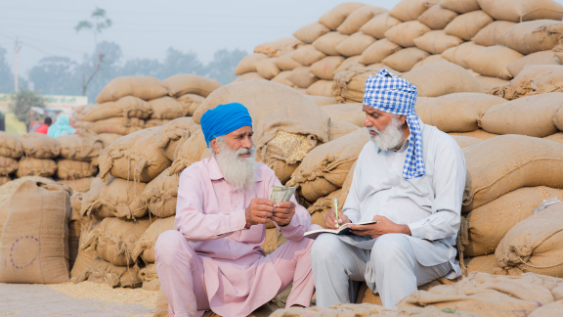
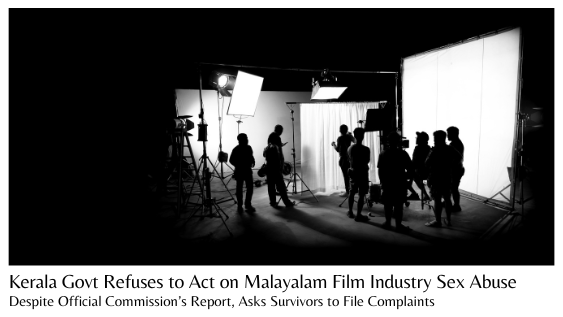

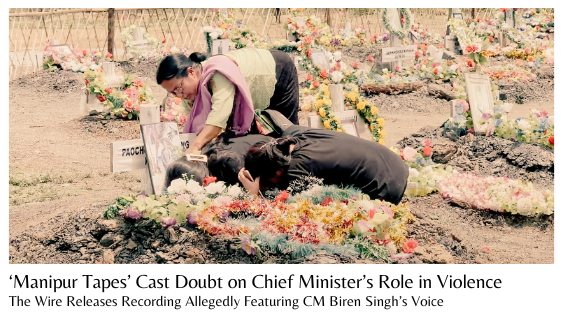
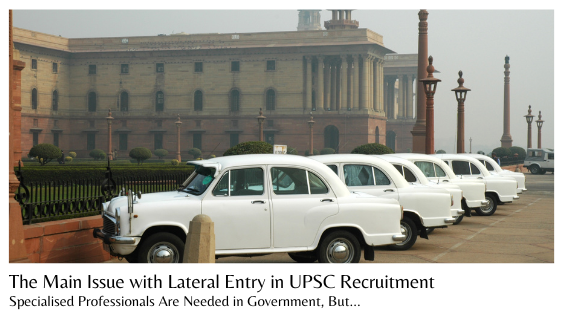

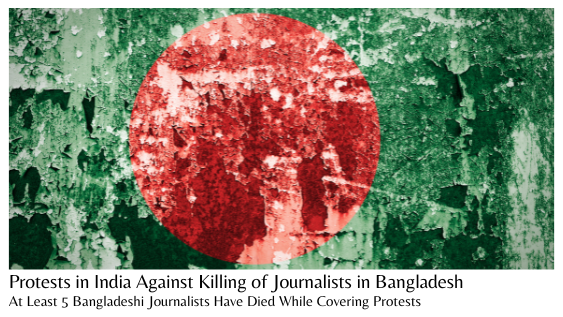

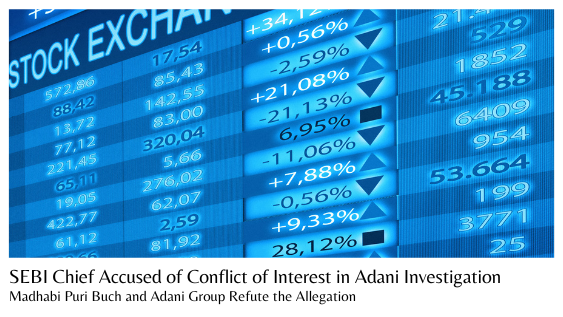

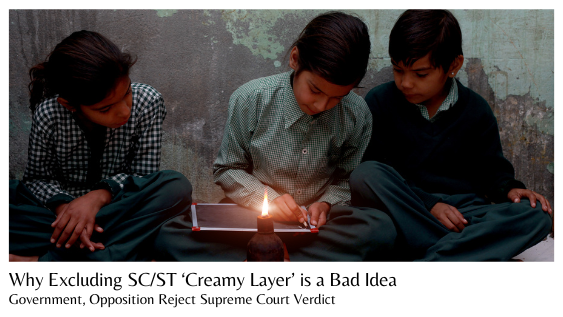
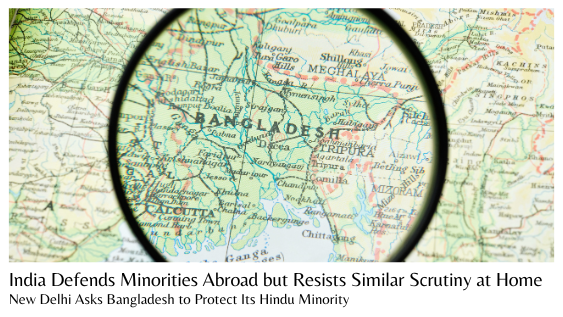
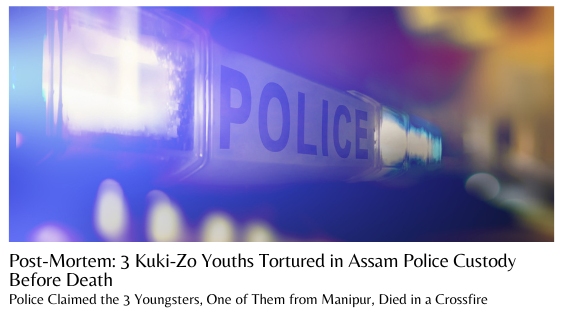
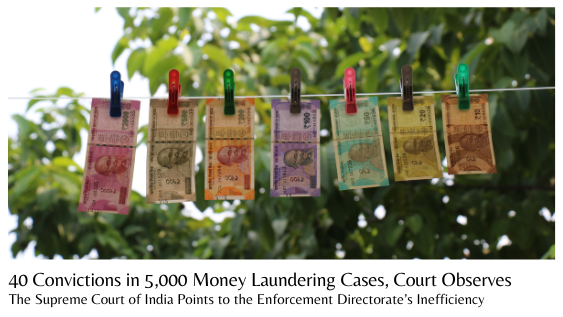
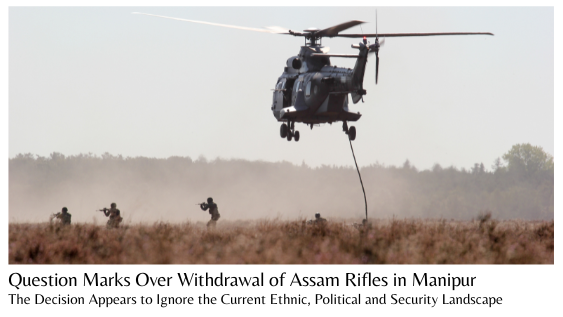
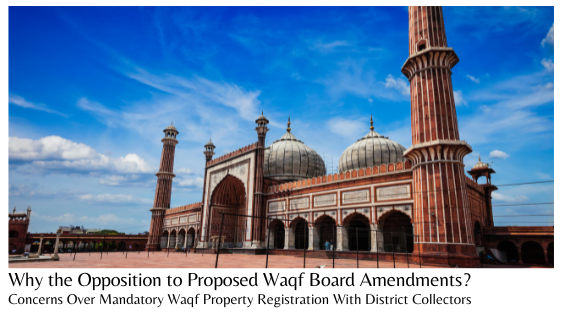
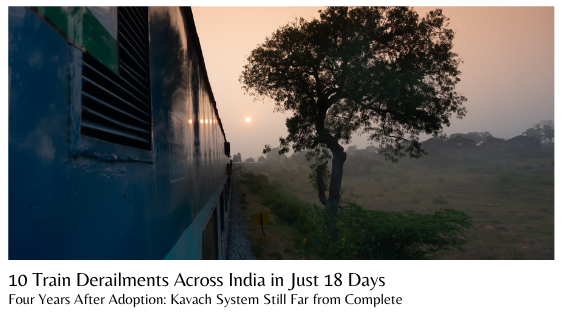

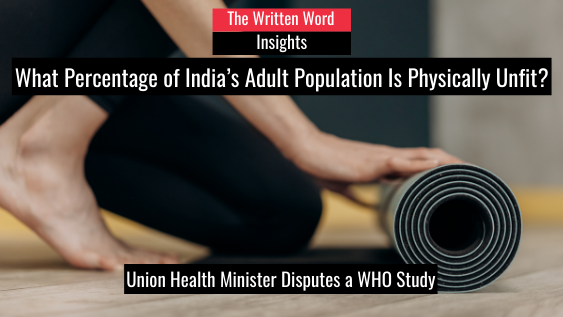

In the violence-afflicted state of Manipur in India’s northeast, the Assam Rifles, a key central force, finds itself under intense scrutiny. It’s at the centre of a vocal campaign that accuses it of taking sides in the ethnic conflict between the majority Meitei community and the Kuki-Zo tribal groups. However, this claim might just be a smokescreen to divert attention from what could be the real issue: the Assam Rifle’s clampdown on rampant smuggling activities in the region, according to reliable sources in the security establishment Newsreel Asia has spoken with.